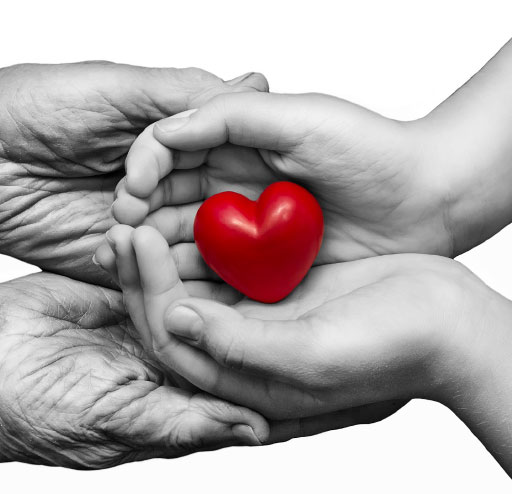Download a printable copy of this article (PDF 386KB)

It’s hard for parents and care givers not to draw a direct line between the likelihood of their child being bullied and the strength of their self-esteem. There are a lot of messages in the media about the need for high self-esteem and fostering positive self-regard, and it is crucial that parents and carers know what healthy self-esteem looks like. Here are five ideas to help children have a healthy level of self-esteem.
- Know you can have too much.
A high level of positive self-regard is great, but an extreme level of self-esteem can cause young people to become boastful and arrogant. When children’s self-esteem levels are too high they believe that they are fantastic, wonderful, or even superior just for being. It is very important that they attach self-esteem to effort and achievements beyond mere existence. - Low, Healthy and High.
There are three levels of self-esteem: low self-esteem, high self-esteem and healthy self-esteem. Healthy self-esteem is the preferred goal. Low self-esteem means that young people can become fixed on their own deficiencies and incapable of thinking that they can improve. High self-esteem can cause them to become arrogant. But with healthy self-esteem they know that they may fail, they know that they might not be successful, but they are keen to have a go and to see how much better they can be. Healthy self-esteem trumps both low and high levels of self-esteem. - Base self-esteem on improvement, not results.
It’s important that young people are rewarded and praised when they improve, when they get better or when they step into a zone where the work or the effort that they are demonstrating is a little tougher than where they have previously been working. It’s not about comparing to other people. It’s not about whether they win or lose. It’s all about whether they are getting better. Improvement and progress lead to genuinely healthy self-esteem - Focus on effort, not results.
Children need to be encouraged and praised by parents and care givers when they try incredibly hard, whether they win or whether they lose. This is especially important for parents and carers when the environment is very competitive. Reminding able children who have scored incredibly well, that a high score is not necessarily an indicator of worth is important. It is their effort and their willingness to try that will lead to healthy self-esteem. Parents and care givers want to be there to reinforce that they recognise and value the effort“As long as you keep going, you’ll keep getting better. And as you get better, you gain more confidence. That alone is success.”– Tamara Taylor
- Beware of labels.
The way children label themselves determines the way they behave. Positive labels such as ‘I’m a learner, I’m a worker, I’m a team member” will always help your child to confidently demonstrate the behaviours that make those labels a reality. Negative labels such as “I’m a loser, I suck at this” will always lead to behaviours that actively discourage them from having a go. As parents and carers, always try to reward a good process over a preferred outcome, so that you are rewarding a growth mindset over a fixed mindset.Carol Dweck, the author of The Growth Mindset Process says, “Effort is one of those things that gives meaning to life. Effort means you care about something, that something is important to you and you are willing to work for it.”Effort is the underlining factor of self-esteem, and when children try, when children demonstrate effort, parents and carers should be there to let them know that they value that.





